The Indicators for Assessing Horse Welfare
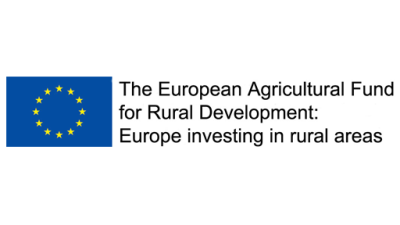

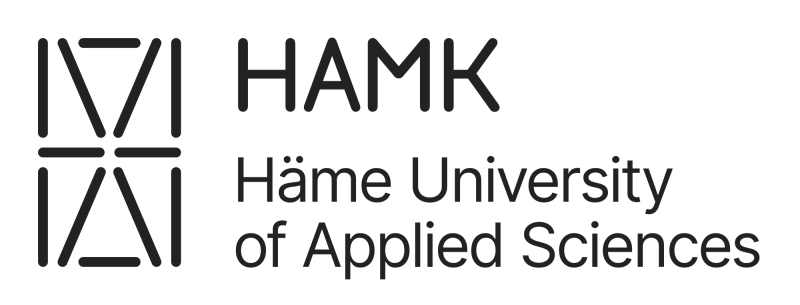
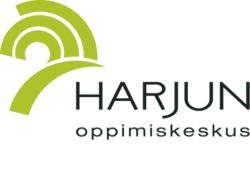

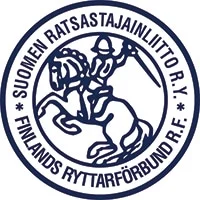
Project information
| Project | The Indicators for Assessing Horse Welfare |
| Duration | 1.4.2022 – 31.12.2024 |
| Partners | The Federation of Education in Central Ostrobothnia, Häme University of Applied Sciences and Harju Learning Centre, in collaboration with the Finnish Hippos Association and the Finnish Equestrian Association. |
| Funding | European agricultural fund for rural development |
| Budget | 325 000 € |
The Indicators for Assessing Horse Welfare -project promotes a reliable assessment of the well-being of horses, and meeting the species-specific behavioural needs.
There are no standardized, research based, indicators in Finland for determining the welfare of horses. The aim of the project is to develop a set of indicators suitable for auditing stables and companies in the horse industry, which is both based on researched data and easy to use, and which can be used to objectively assess the welfare of horses in various holdings. In addition to the actual audits, the goal is to utilize the indicator set as a self-monitoring tool for stables.
The long-term goal of the project is to increase the well-being of horses and the transparency of the horse industry, to promote a positive image and social acceptability of the industry, and to secure the industry’s future operating conditions. The target results of the project include: tools for stables for self-monitoring, a description of the developed equine welfare model, a web-based information sharing platform, a description of the use of the Welfare Quality® protocol for different animals and in different countries, and a compilation of research data on equine welfare and species-typical behaviour.
Target group
The target groups are equine entrepreneurs and horse farms. The beneficiaries also include organizations in the equine sector and other operators in the sector. The results and benefits of the project spread throughout Finland through nationwide networks of project actors.
Operating region
The project operates in Central Ostrobothnia and in the areas of the ELY centres (Centres for Economic Development, Transport and the Environment) in Häme and South-East Finland. The suitability of the audit system is piloted in different stable environments across the project area.
Contact information

Mittarit hevosen hyvinvoinnin arviointiin
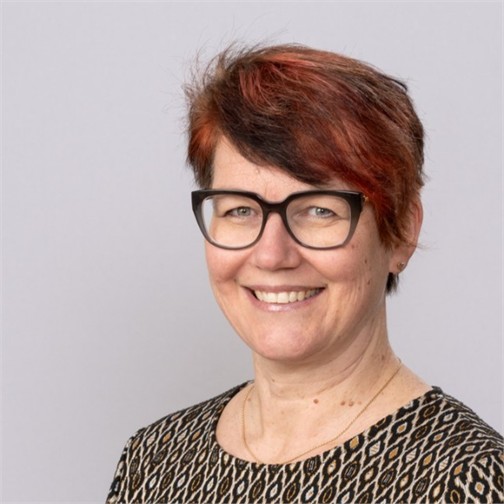

marjo kaivolahti-koukkari
Project manager, KPEDU
marjo.kaivolahti@kpedu.fi
+358408085172
